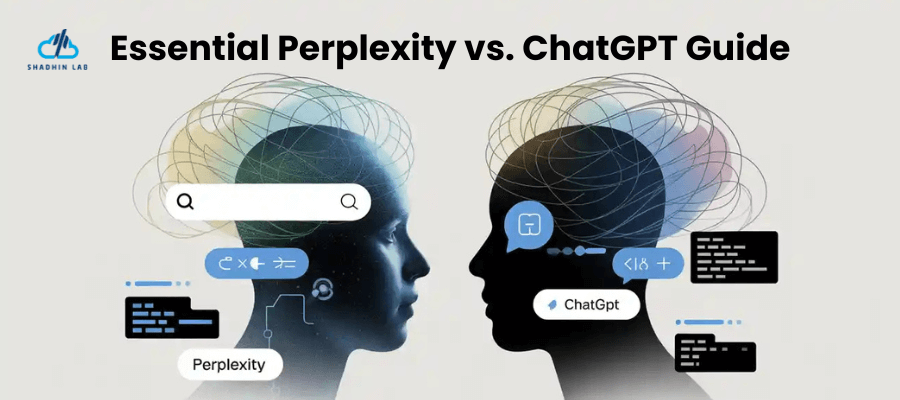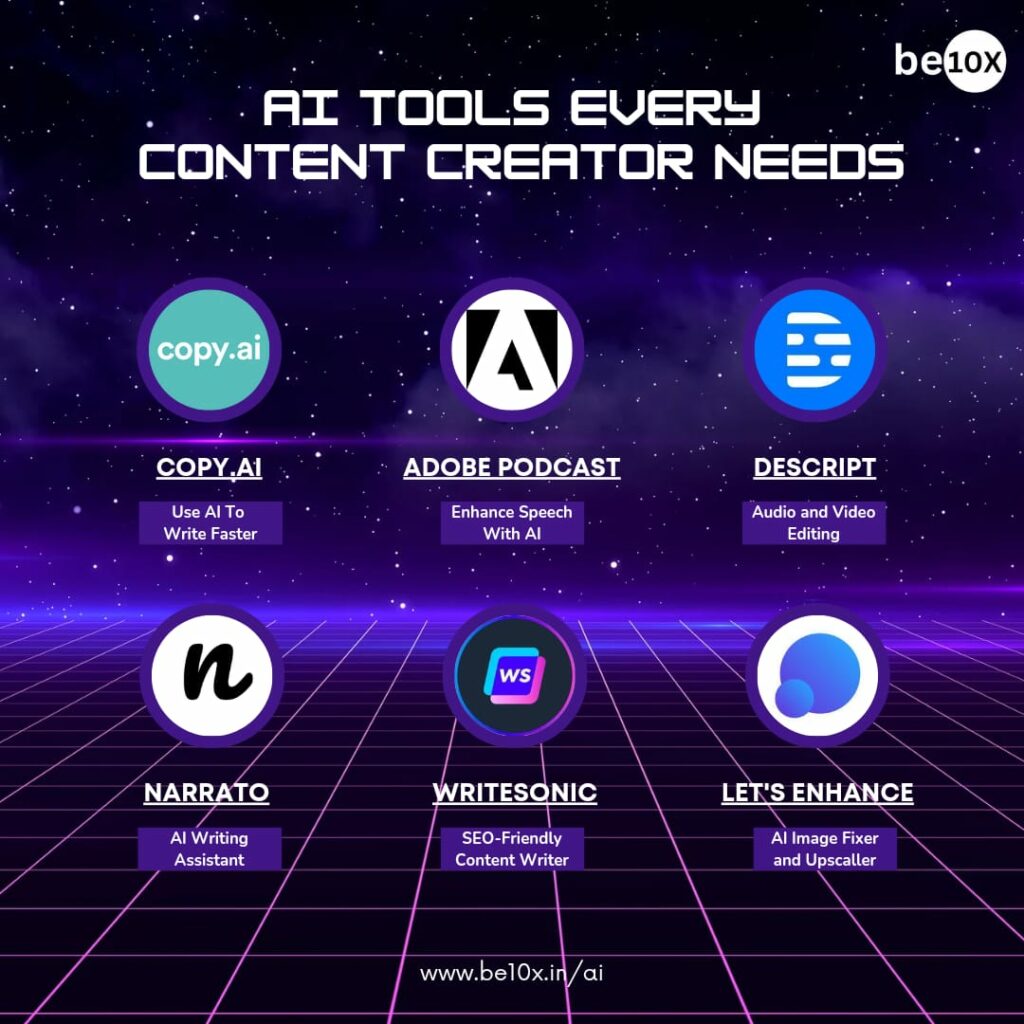With the rapid growth of artificial intelligence, several advanced conversational platforms have emerged. Among the most prominent today are Perplexity AI, OpenAI’s ChatGPT, and Anthropic’s Claude. Each offers unique strengths and approaches to AI-powered research, search, and dialogue. Here’s a comprehensive guide to what distinguishes Perplexity AI—and how it compares to its well-known rivals.
What Is Perplexity AI?
Perplexity AI is an AI-powered answer engine and web search platform, designed to deliver precise, real-time, and well-sourced answers to user questions. Unlike traditional search engines, Perplexity blends conversational AI with up-to-the-minute search capabilities, referencing authoritative sources for every response
- Founded: 2022, San Francisco
- Founders: Aravind Srinivas, Denis Yarats, Johnny Ho, and Andy Konwinski
- Funding/Scale: Valued at $14B (as of 2025), with 700+ employees
Core Features
- Real-Time Web Search: Constantly queries the internet for fresh, relevant data as you ask a question.
- Conversational Summaries: Distills information into clear, readable summaries.
- Citations and Transparency: Every answer includes direct links to the original sources so users can verify claims
- Multi-Model AI: Users can choose between various language models—including OpenAI’s GPT-4, Anthropic’s Claude, Perplexity’s own Sonar, and more, depending on the query and subscription level
- Threaded Conversations: Allows follow-up questions within the context of prior dialogue
- Pro Plans: Paid tiers unlock more advanced models and deeper research capabilities.
How Does Perplexity AI Work?
Perplexity operates by:
- Understanding Your Query: Uses advanced language models to interpret intent and nuance
- Live Web Search: Instantly scans articles, academic papers, websites, and databases for the latest info
- Synthesizing a Response: Summarizes findings into a direct, conversational answer.
- Citing Its Sources: Attaches references to each claim or statistic, allowing users to verify or investigate further
- Model Options: Lets Pro users select custom LLMs (GPT-4, Claude 4.0 Sonnet, Sonar Large, etc.) based on the nature of the question
This blend of state-of-the-art AI and search engine logic makes it highly attractive to researchers, journalists, students, and anyone seeking up-to-date, fact-checked information.
Perplexity AI vs. ChatGPT vs. Claude: Key Differences
Below is a direct comparison of the three leading conversational AI platforms:
| Feature | Perplexity AI | ChatGPT | Claude |
| Primary Use Case | Live research; up-to-date, well-sourced factual answers | General conversation, content gen. | Creative writing, philosophy, coding |
| Real-Time Browsing | Yes (with citations) | No (except with Plus’s Browse with Bing, which is limited) | No (limited to knowledge cutoff) |
| Source Citation | Always provides references to external sources | Rarely provides clickable sources | Does not automatically cite sources |
| Model Choices | Multiple (GPT-4, Sonar, Claude, DeepSeek, etc.) | GPT-3.5, GPT-4, GPT-4o (with API) | Claude 3.5 (Opus, Sonnet, Haiku) |
| Conversational Context | Threaded conversations, follow-up questions | Extended dialog with memory | Supports long context windows |
| Transparency | Shows logic/steps and provides reference links | Largely “black box” reasoning | Reasoning visible via conversational text |
| Strengths | Up-to-date info, transparency, research, citations, flexible models | Versatility, natural dialog, integrations | Creative tasks, summarization, ethical reasoning |
| Weaknesses | Limited creativity compared to Claude/ChatGPT; limited offline knowledge | No live browsing by default; knowledge cutoff | No browsing; not always fact-checked |
Unique Strengths of Each Platform
Perplexity AI
- Best for: Research, fact-checking, academic queries, business reporting, learners demanding source transparency
- Notable edge: Combines the strengths of a modern search engine and conversational AI, offering source-backed answers and model choice.
ChatGPT (OpenAI)
- Best for: Everyday conversation, creative writing, code help, general-purpose tasks; widely integrated into other apps
- Notable edge: Immense versatility and natural language skills, but default model has a data cutoff.
Claude (Anthropic)
- Best for: Creative, ethical, and philosophical conversations; summarizing; technical writing; code; extra-long document context
- Notable edge: Strong in creativity, nuanced empathetic dialogue, and ethical problem-solving; not built for up-to-the-minute fact-checking.
Real-World Use Cases for Perplexity AI
- Academic & Market Research: Detailed, cited answers for reports and presentations.
- Content Creation: Fact-based SEO writing, blog outlines, and quick briefings
- Summarizing News: Real-time event updates with links to primary news sources.
- Data Verification: Pointing to the original source for every statistic or claim.
Limitations and Considerations
- Dependence on Online Sources: Can only be as current as the web itself; verification is as good as the quality of indexed content.
- Not Optimized for Fiction or Open-Ended Creative Tasks: ChatGPT and Claude may outperform it in imaginative or open-ended brainstorming
- Subscription Model: Deeper research features and some LLMs require a Pro subscription
Bottom Line
Perplexity AI stands out as the AI-powered search engine for the 2025 era: live, transparent, and source-driven. It is the top choice for users who prioritize accuracy, up-to-date information, and research you can trust to cite—setting itself apart from rivals like ChatGPT and Claude, which focus more on conversational breadth and creativity than on fact-checked, reference-backed dialogue.
References:
- https://en.wikipedia.org/wiki/Perplexity_AI
- https://www.perplexity.ai/help-center/en/articles/10352895-how-does-perplexity-work
- https://www.digitalocean.com/resources/articles/what-is-perplexity-ai
- https://www.techtarget.com/searchenterpriseai/definition/Perplexity-AI
- https://zapier.com/blog/perplexity-ai/
- https://www.linkedin.com/pulse/comparing-chatgpt-claude-poe-perplexity-ai-sivadeep-katangoori-rjmtc
- https://ajelix.com/ai/claude-vs-perplexity/
- https://www.reddit.com/r/perplexity_ai/comments/1dmcf20/what_are_some_use_cases_for_perplexity_ai/
- https://www.perplexity.ai
- https://www.perplexity.ai/hub/getting-started
- https://team-gpt.com/blog/perplexity-vs-claude-vs-team-gpt/
- https://uxdesign.cc/time-to-magic-moment-claude-chatgpt-perplexity-7df7ec3a4fe6
- https://www.coursera.org/articles/what-is-perplexity-ai
- https://www.reddit.com/r/ChatGPT/comments/1f5r80e/claude_vs_chatgpt_vs_perplexity_i_use_all_three/
- https://www.youtube.com/watch?v=YoWdogtZRw8
- https://zapier.com/blog/perplexity-vs-chatgpt/
- https://www.techradar.com/computing/artificial-intelligence/the-ultimate-ai-search-face-off-i-pitted-claudes-new-search-tool-against-chatgpt-search-perplexity-and-gemini-the-results-might-surprise-you
- https://www.youtube.com/watch?v=wkfBlYxBgeo



